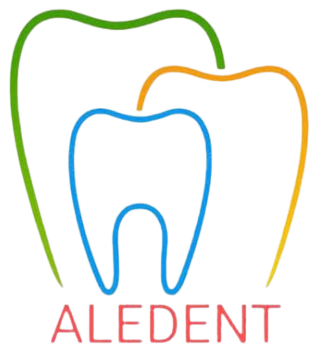In any dental clinic, having the right tools is not just about convenience — it’s about precision, patient safety, and delivering effective treatment. Whether you’re setting up a new practice or restocking your existing one, here’s a list of 10 essential dental instruments that every clinic must have.
1. Mouth Mirror
One of the most basic yet vital tools in dentistry, the mouth mirror allows for indirect vision, retraction of cheeks or tongue, and illumination of hard-to-see areas. It’s a must-have for examination and treatment procedures.
2. Explorers (Probes)
Dental explorers, like the BIJ-009, are sharp-ended tools used to detect cavities, enamel irregularities, and calculus deposits. They’re critical in early detection and diagnosis.
3. Cotton Tweezers (College Tweezers)
Used for handling cotton rolls, gauze, or small materials inside the oral cavity, cotton tweezers help maintain a sterile environment and offer excellent grip and control during procedures.
4. Periodontal Probe
This specialized tool is used to measure pocket depth around teeth and assess gum health. It plays an essential role in the early diagnosis of periodontal disease.
5. Dental Excavators
Primarily used to remove soft carious dentin or temporary restorations, excavators come in spoon and blade styles for different cavity preparation techniques.
6. Extraction Forceps
Essential for tooth removal, forceps come in multiple types including upper and lower molar forceps, pediatric forceps, and root tip forceps. High-quality stainless steel forceps improve grip and control during extractions.
7. Root Elevators
Root elevators assist in luxating teeth before extraction, minimizing trauma to the surrounding bone. Common types include Cryer, Bein, and Seldin elevators.
8. Dental Syringes
Used for delivering local anesthesia, dental syringes are essential for nearly all clinical procedures. Popular types include 2-ring, 3-ring, and self-aspirating syringes.
9. Scalpel Handle & Blades
These are essential for soft tissue incisions and flap surgeries. Scalpel handles with replaceable blades offer better hygiene and precision during surgical procedures.
10. Autoclavable Trays and Sterilization Containers
Sterilization is critical in any dental setting. Durable trays and cassettes are used to organize instruments, ensure proper sterilization, and allow for easy transport between procedures.
Conclusion
Having the right dental instruments not only improves clinical efficiency but also builds patient trust. Whether you’re a new practitioner or an experienced one upgrading your toolkit, investing in high-quality instruments is key.
